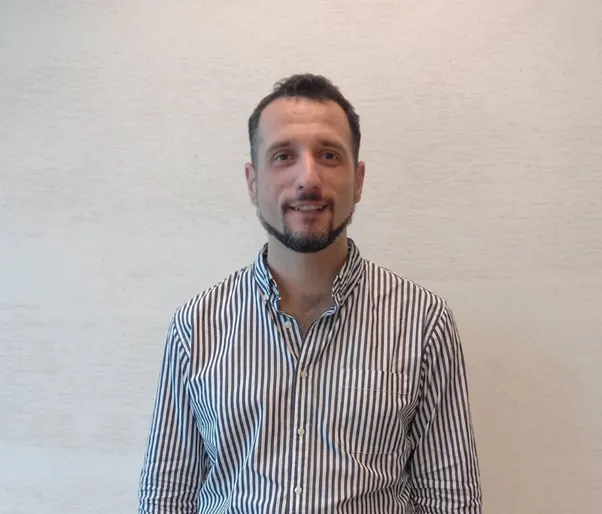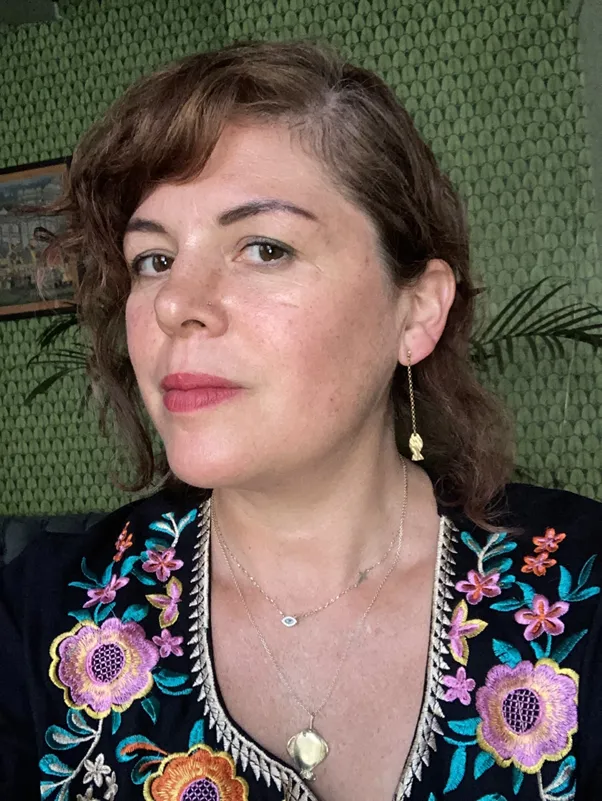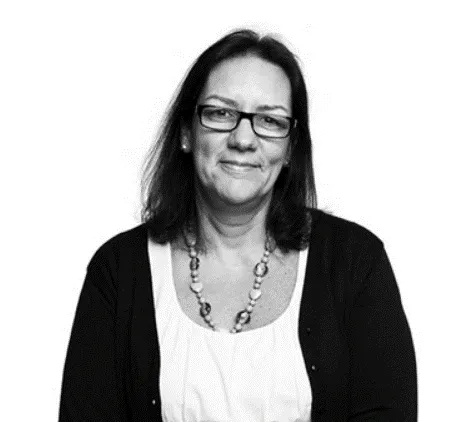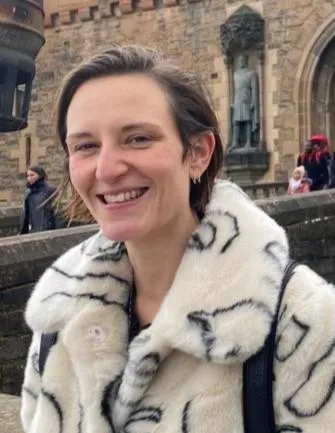Please note: this event has passed
Our linear “take-make-consume-dispose” economy is unsustainable. We must move to a circular economy where once a product is finished, it is sent back to be made into something new.
But does the concept of a circular economy get to the root of the issue? How does the circular economy work? Will it save people and planet or is it an obstacle on the journey to a more sustainable future?
We will be joined by three experts to discuss these questions and more: Josep Pinyol (CE consultant, PhD University of Exeter), Lis Suarez (Utrecht University) and Cristina Fedato (Collaborating Centre on Sustainable Consumption & Production). The session will be moderated by Lindsay Parker who is doing a PhD exploring Fashion and Sustainability within the department of Culture, Media & Creative Industries at King's College London.
About the speakers

Josep Pinyol
Josep Pinyol completed his PhD this July at the University of Exeter Business School. His thesis, entitled 'Why Do Non-transformative Ideas Become Policies? : An analysis of the adoption of circular economy policies in the European Union,' delved into the adoption of the circular economy within the European Union, examining its characteristics, limitations, and the drivers behind its adoption. The thesis led to the publication of papers in prestigious journals such as the Journal of Cleaner Production, the Journal of Innovation Economics Management, and Environmental Policy and Governance. Also, Josep worked for the PostGrowth Research Lab at the University of Vigo and the Copernicus Institute for Sustainable Development at Universiteit Utrecht. Currently, he serves as a consultant specializing in circular economy and European Policy at Ramboll in Brussels.

Lis Suarez-Visbal
Lis J Suarez-Visbal is an Ashoka fellow social innovator, a system mover and a Doctoral researcher at Utrecht University. She has more than 18 years of professional experience in several countries including The Netherlands, Spain, India, Canada, The US, Thailand, Mali and Colombia as a NGO director, and advocate of social impact with a gender lens. She has a BS in Finance and International Cooperation from the Externado University of Colombia, a Graduate degree on special studies from Harvard University and a Master of science in Sustainable Business and Innovation from Utrecht University. Currently she is pursuing her Doctoral research at the same institution. Her field of expertise is circular economy, system change and social impacts in the textile sector (amongst others). She has devoted the last 3 and a half years of her doctoral research, to find evidence of social impact in the apparel value chain and how can companies and policymakers in the sector can reduce the asymmetry between social and environmental impacts toward a transition of improved working conditions and well-being for all workers and greater circularity practices in the sector. She has co-authored two book chapters around social impact and Circular Economy in the sector and has published two peer reviewed scientific articles and three white papers on the subject too.

Cristina Fedato
Cristina Fedato has been the Head of the Sustainable Infrastructure, Products and Services Team at the Collaborating Centre on Sustainable Consumption and Production (CSCP)since 2016. She is the Project Director of national and international projects like Valumics (European project on food value chains), Scalibur and HOOP (both H2020 European projects about Circular Economy applied to urban bio waste management), STeP EcoLab Mongolia (Switch Asia project for improvement of sustainability in Mongolian Cashmere Wool Value Chain) and Sustainable Chemistry as orientation for Sound Management of Chemicals and Waste beyond 2020 (for UBA – Umweltbundesamt, the German Environmental Agency). She is part of the international multistakeholder experts group ISO Technical Committee TC 323 on Circular Economy (since 2019), that is developing the ISO CE Standard series, and was also part of the TC 277 that developed the ISO20400 – Sustainable Procurement (2013-2017). She represents the CSCP at the European Circular Economy Stakeholder Platform Leadership Groups for Cities and Regions, Circular Procurement, Biodiversity&Climate and Circular Textiles (since 2020). She has over 20 years of experience in fields combining Corporate Sustainability and Social Responsibility, Sustainable Procurement, Sustainable Supply Chains and Circular Economy.
Cristina is a mechanical engineer and holds an MBA, with special training for participant-centred learning from Harvard Business School. She worked as expert in the coordination group of the Corporate Sustainability Index (ISE) of BM&FBOVESPA (B3), the major Brazilian stock exchange, and as senior consultant for GIZ in Brazil, supporting the Emerging Market Multinationals (EMM) Network for Sustainability. She was also the Pedagogical Coordinator of a graduate course on sustainability management at FIA, the internationally recognized business school in São Paulo, Brazil.

Lindsay Parker
Lindsay Parker is ESRC funded PhD candidate at King’s College London. Her research is centred on fashion and sustainability, particularly, the ways in which discourses of sustainability are understood and drawn on within the field of fashion. She has an MA in Fashion Cultures from London College of Fashion and a background in fashion practice, with a BA Hons in Footwear and Accessories from the University of Northampton. She has also taught Art & Design in further education for several years.
Want to learn more?
Take the KEATS Sustainability & Climate module and gain a King’s Experience Award. This open-access, interdisciplinary module on environmental, economic, and social sustainability has been co-created with students, staff, and alumni. It offers everyone, no matter their field, a broad and critical understanding of sustainability and the climate crisis. You can enrol via this link.
